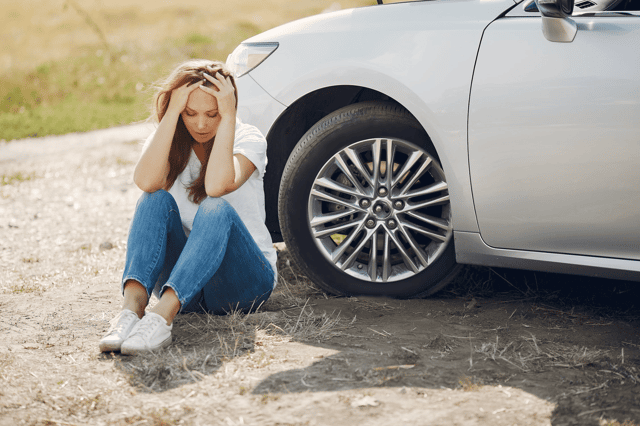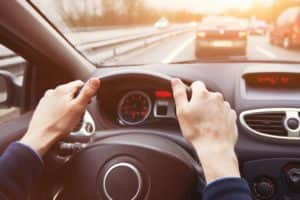8 vital steps to take after a traffic road collision


With roads getting busier it is important that motorists know the steps to take should the worst happen. The experts at National Scrap Car have put together the eight steps to remember after a car crash.
1. Stop the car
Even if you think the car accident is minor, the first and most important thing you must do if you have a car accident is stop your car immediately unless it is unsafe to do so. (pictured below)
Advertisement
Hide AdAdvertisement
Hide Ad

Failing to stop after a car accident is against the law under the Road Traffic Act which could land you a fine, penalty points or a driving ban, and in some cases sentenced to six months in prison.
Once you have stopped, you should ensure your car’s engine is switched off and hazard lights are switched on to alert other drivers of your presence.
2. Check for injuries
Once you’ve stopped the car in a safe place, you should check yourself and any of your passengers for injuries first.
If it’s a minor collision with no injuries, always be sure to make a note of it just in case the others involved try to claim for injuries later on.
3. Call for police
No matter how minor the accident is, you need to report your accident to the police within 24 hours to avoid any unnecessary fines, penalty points or in extreme cases disqualification from driving.
4. Exchange details
When you are involved in an accident you are obliged to give your details. If you cannot for whatever reason give them there and then, you must give them to the police 24 hours after.
The following details need to be shared with all involved parties:
By law you must share your name and address with everyone involved if the accident has caused damage or injury
Your contact details such as a mobile phone number and/or an email address
Your insurance details. This includes who you are insured with and your policy number. If someone has been injured, they may ask to see your certificate of insurance
You may also need to show your driving licence or driving licence number which you can check online using your National Insurance Number.
You should also take down details of any witnesses to the accident.
Don’t forget you also need the other driver’s details as well. This information is required by your insurance company to process any claims.
Advertisement
Hide AdAdvertisement
Hide Ad5. Record as much detail as possible about the incident
Shock and adrenaline can make us forget important details of the accident that the police or insurance company may need from you. It is therefore important that you try and take down as much detail as possible about the accident.
You should record the make, model, colour and number plate of all the vehicles involved and if possible take pictures of both the full vehicles and the damage that may have occurred. The photo evidence will help when it comes to making insurance claims and ensure all damage is correctly reported by the other party.
6. Try to remain as calm as possible
This may seem easier said than done and it is more than normal to feel shaken up after an accident, your heart rate is going to increase and your adrenaline is going to surge. However, it is vital you remain calm after an accident, if we let adrenaline and panic take over, it can make us a less logical decision-maker and interfere with perceptions.
After an accident it’s important you think rationally and not reactively about the situation allowing you to make a more logical and careful next move. The last thing you want is to become aggressive or angry with others involved.
7. Make a claim
You should ideally phone your insurance company at the time of the accident but if this is not possible, be sure to do so as soon as possible. The insurance companies involved will decide who is to blame and the costs involved. If you were at fault, then your insurance company will pay out for the damage repairs and compensation if the other party was injured and you will have to pay the excess on your policy.
You will need to provide them with the following information, so it might be a good idea to have this with you in the car at all times so it is to hand.
The other vehicle driver’s name, address, phone number and insurance details
Number of vehicles involved and their registration numbers.
8. Repairing your vehicle
It is ultimately your decision on how you wish to repair your vehicle and who you wish to carry out the repairs after an accident and you may have a few options to choose from.
Advertisement
Hide AdAdvertisement
Hide AdWhen it comes to repairing your vehicle after an accident, insurers are no longer able to force you to use their mechanics to make the repairs and must still pay-out if you choose a garage of your own. Once you have received a quote from the garage, your insurance company will need to authorise the work, you must make sure they authorise first to ensure you receive the pay-out.
If your insurance decides to write-off your car after an accident, it means the car is either damaged to the point in which it is no longer roadworthy or beyond the point that repairs make financial sense.